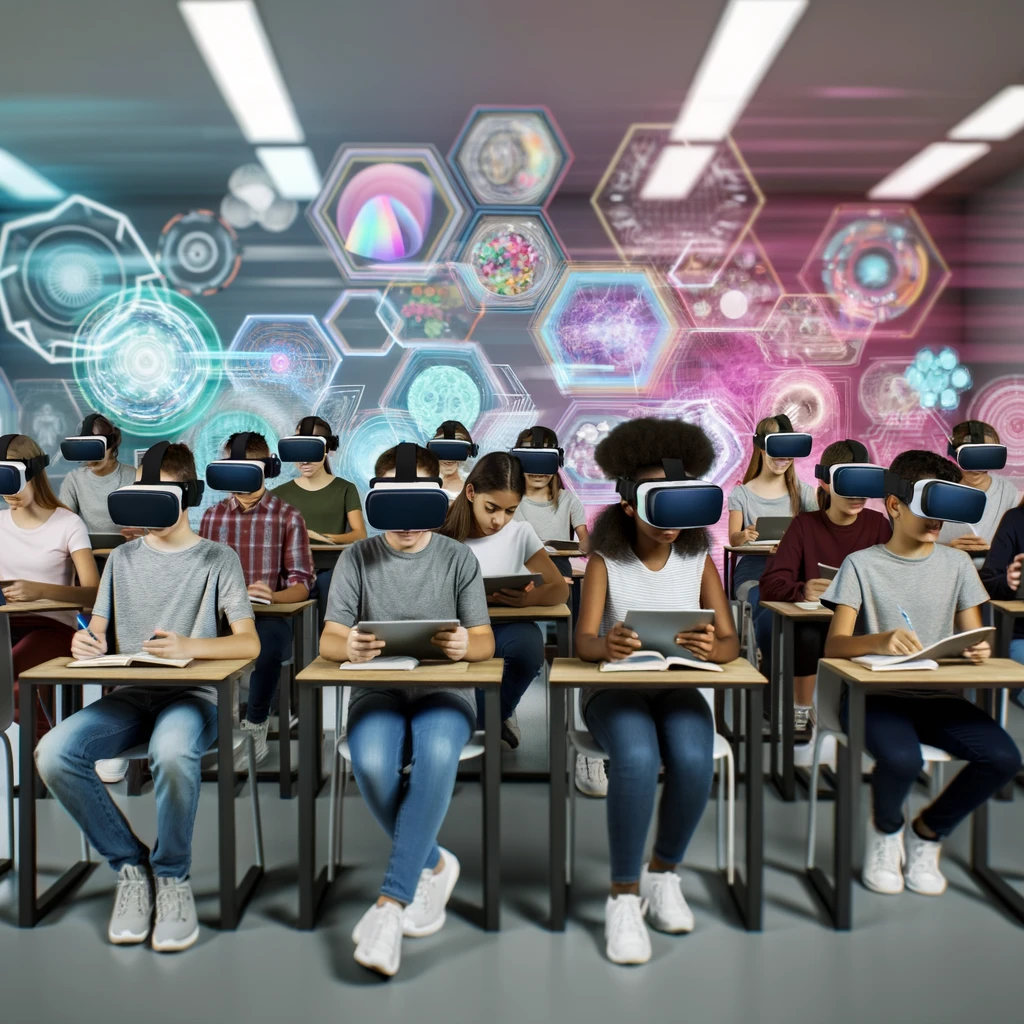Related Articles











The landscape of education is experiencing rapid transformation, driven by technological advancements and innovative teaching methodologies. The future of study is poised to be more dynamic, personalized, and engaging than ever before. This article explores the key trends and innovations shaping the future of education, providing insights into what students and educators can expect in the coming years.
Digital learning platforms have revolutionized the way education is delivered. With the advent of MOOCs (Massive Open Online Courses) and platforms like Coursera and edX, students worldwide can access high-quality educational content from prestigious institutions. These platforms offer flexibility, allowing learners to study at their own pace and tailor their educational experiences to their personal goals.
Artificial Intelligence (AI) and Machine Learning (ML) are playing critical roles in customizing education. AI-driven tools are capable of analyzing students' learning patterns and providing personalized recommendations to enhance their learning experiences. This technology is also being used to automate administrative tasks, allowing educators to focus more on teaching and interaction with students.
Gamification involves incorporating game-like elements into educational environments to boost student engagement and motivation. By using reward systems, interactive content, and challenges, educators can make learning more appealing and effective. Gamification not only enhances the learning experience but also encourages critical thinking and problem-solving skills.
Virtual Reality (VR) and Augmented Reality (AR) are transforming traditional learning environments into immersive experiences. These technologies allow students to explore complex concepts and scenarios in a simulated environment, making learning more interactive and memorable. For instance, medical students can perform surgeries in a virtual setting, gaining practical experience without the associated risks.
The future of study emphasizes the development of soft skills such as communication, collaboration, and critical thinking. As industries evolve, lifelong learning becomes essential for career advancement. Educational institutions are incorporating courses and modules that focus on these skills, preparing students for a dynamic and ever-changing job market.
Collaborative learning is gaining traction as a method to foster teamwork and collective problem-solving abilities. Through group projects and peer-to-peer interactions, students can learn from each other and develop skills necessary for the modern workplace. Technology facilitates these interactions, making collaboration possible even in remote or hybrid learning setups.
There is a growing emphasis on creating sustainable and inclusive educational practices. This involves integrating environmental education into curricula and ensuring accessibility for all students, regardless of their socio-economic backgrounds. Technology plays a crucial role in bridging gaps, providing resources and support to marginalized communities.
The future of study is marked by a blend of technology and innovative teaching methods that promise to make education more accessible, engaging, and effective. As these trends continue to evolve, it is crucial for educators, policymakers, and learners to adapt and embrace these changes, ensuring that education remains a cornerstone for personal and societal growth.